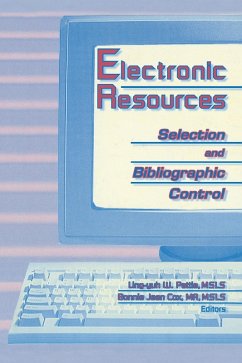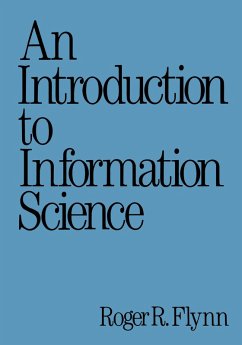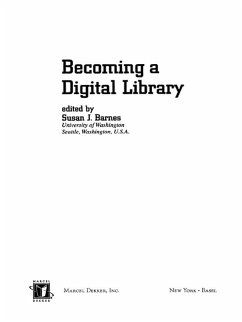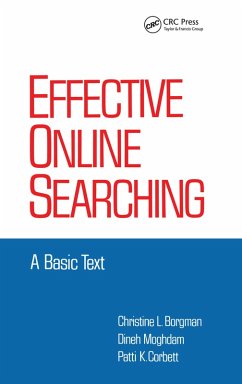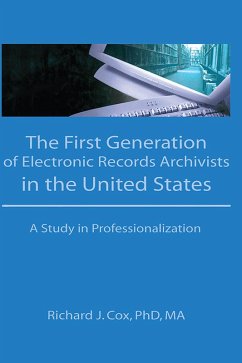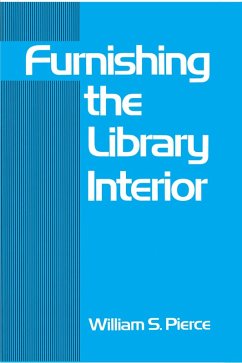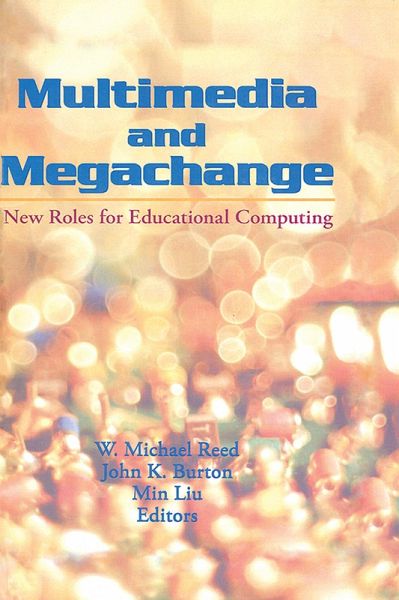
Multimedia and Megachange (eBook, ePUB)
New Roles for Educational Computing
Versandkostenfrei!
Sofort per Download lieferbar
54,95 €
inkl. MwSt.
Weitere Ausgaben:

PAYBACK Punkte
27 °P sammeln!
The use of multimedia strikes at the very heart of traditional teaching and learning methods, and is changing the way educators think about the whole process of teaching and learning. Multimedia and Megachange spurs ideas for the use of interactive technology to revolutionize teaching and learning. It describes and analyzes issues and trends that are currently setting a research and development agenda for educators.Contributors to this volume explore all fronts on which computer technology are changing the educational process: concept and theory research application designMultimedia and Megach...
The use of multimedia strikes at the very heart of traditional teaching and learning methods, and is changing the way educators think about the whole process of teaching and learning. Multimedia and Megachange spurs ideas for the use of interactive technology to revolutionize teaching and learning. It describes and analyzes issues and trends that are currently setting a research and development agenda for educators.Contributors to this volume explore all fronts on which computer technology are changing the educational process:
- concept and theory
- research
- application
- designMultimedia and Megachange opens up the exciting world of how technology is dramatically changing how teachers teach and students learn. It also highlights spin-off changes for classroom management, greater sources of information, and improved evaluation and grading techniques.
Dieser Download kann aus rechtlichen Gründen nur mit Rechnungsadresse in A, B, BG, CY, CZ, D, DK, EW, E, FIN, F, GR, HR, H, IRL, I, LT, L, LR, M, NL, PL, P, R, S, SLO, SK ausgeliefert werden.





